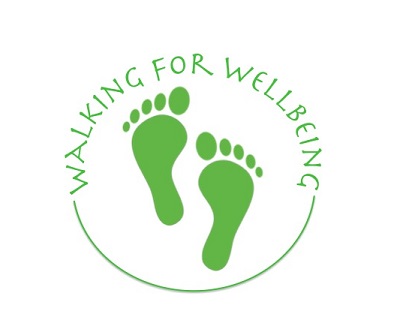
Developing sustainable engagement between research, policy and practice.
Physical inactivity has been described as a pandemic and the promotion of walking for transport or for recreation identified as a key mechanism through which the population’s physical activity can improve. In Scotland, the importance of walking for health is highlighted in the Scottish Government’s development of a National Walking Strategy launched during the period of this project.
The main aim of the project was to develop a better understanding of walking for wellbeing and to foster an interdisciplinary network to engage in knowledge exchange. Specifically, the project sought to:
- explore current definitions of wellbeing and understand how they fit into a walking for wellbeing context (‘Walkshop’ 1)
- consider how best to measure both walking and wellbeing (‘Walkshop’ 2)
- explore how best to embed research and practitioner knowledge within policy and practice. (‘Walkshop’ 3)
We held three ‘walkshops’ with experts in various fields with a view to creating a partnership across Scotland. ‘Walkshops’ are workshops where standing up and light to moderate intensity physical activity is encouraged, and where sitting down for long periods of time is minimised. This was achieved in various ways during the ‘walkshops’ (e.g. standing ovations, walk-and-talk discussions, outdoor reflection, standing group discussions using a ‘carousel’ method, etc.).